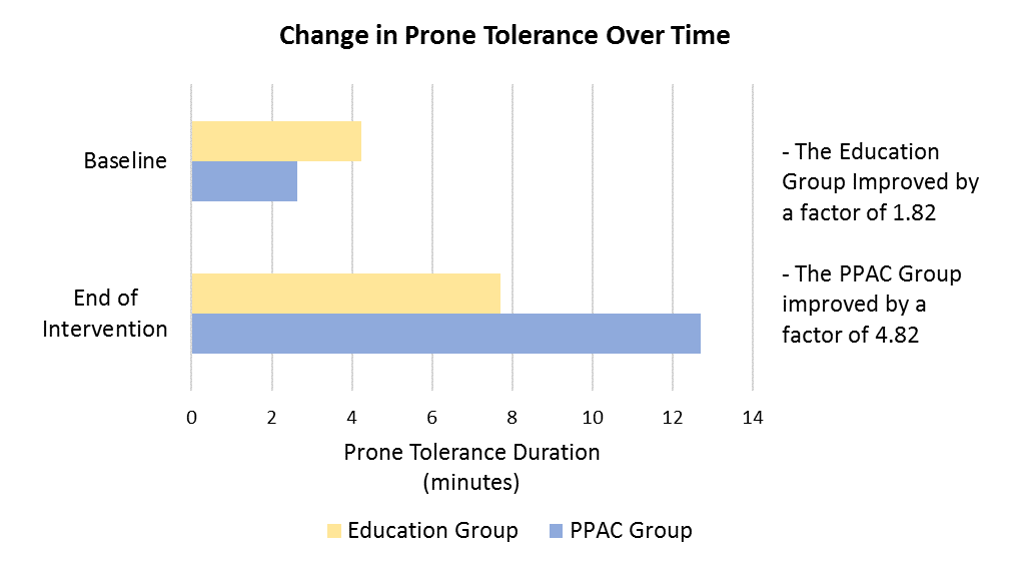Biomedical
Prone Play Activity Center
Enhancing Infants’ Motor Control and Development
Researchers at Virginia Commonwealth University have developed a novel device that promotes early development of an infant’s motor control skills. The Prone Play Activity Center (PPAC) provides an interactive environment for an infant to improve their upper body and head control in order to work towards the American Academy of Pediatrics’ recommendation for daily prone play or “tummy time”. By providing positive reinforcement with a toy, the infant learns that their movements can control the toy, which makes prone play more engaging and also helps to prevent the infant from developing positional head deformities.
The technology
The PPAC can be used by parents, child care centers, and therapists to track an infant’s prone activity over time. To achieve this, the device uses a combination of ultrasonic sensors and microcontrollers. The sensors are able to track the infant’s movements, and when the infant meets certain criteria a toy will be activated to provide positive reinforcement of that behavior. The criteria for toy activation can be adjusted according to the infant’s skill level so that the infant is always being challenged to improve. This device has been tested with a small group of infants and is ready for commercial development.

Figure 1: Change in prone tolerance duration of infants (age < 6 months) compared between the use of traditional education methods and use of the PPAC.
